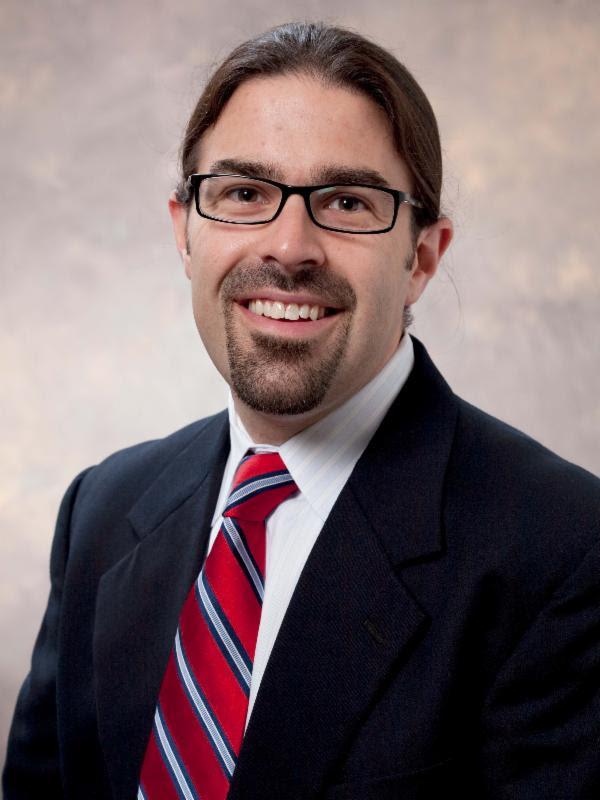James McPartland is professor of child psychiatry and psychology at Yale University.

James McPartland
Director
Yale Developmental Disabilities Clinic
From this contributor
Imaging of social brain enters real world
Studies of social-brain function are moving out of scanners and into realistic settings.

Imaging of social brain enters real world
Questions for James McPartland: Biomarkers for better trials
A $28 million initiative aims to develop objective tools for tracking social skills in children with autism. The initiative’s leader outlines its approach.

Questions for James McPartland: Biomarkers for better trials
Explore more from The Transmitter
New connectomes fly beyond the brain
Researchers are mapping the neurons in Drosophila’s ventral nerve cord, where the central nervous system meets the rest of the body.

New connectomes fly beyond the brain
Researchers are mapping the neurons in Drosophila’s ventral nerve cord, where the central nervous system meets the rest of the body.
Building an autism research registry: Q&A with Tony Charman
A purpose-built database of participants who have shared genomic and behavioral data could give clinical trials a boost, Charman says.

Building an autism research registry: Q&A with Tony Charman
A purpose-built database of participants who have shared genomic and behavioral data could give clinical trials a boost, Charman says.
Cerebellar circuit may convert expected pain relief into real thing
The newly identified circuit taps into the brain’s opioid system to provide a top-down form of pain relief.

Cerebellar circuit may convert expected pain relief into real thing
The newly identified circuit taps into the brain’s opioid system to provide a top-down form of pain relief.